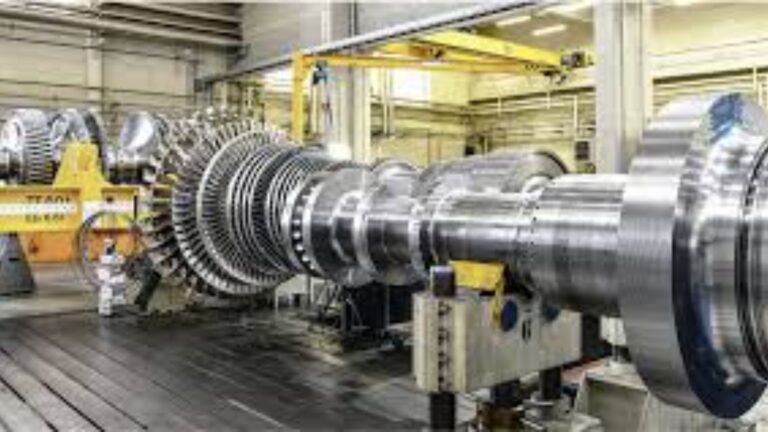
Subscribe to the mailing list to receive posts updates!
Sign up for my newsletter to see new photos, tips, and blog posts. Do not worry, we will never spam you.



Sign up for my newsletter to see new photos, tips, and blog posts. Do not worry, we will never spam you.